Books by Plato
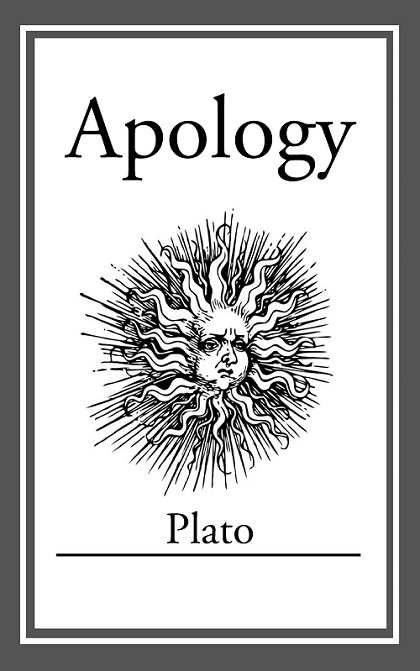
apology
The Apology (of Socrates) is Plato's version of the speech given by Socrates as he defends himself against the charges of being a man "who corrupted the young, did not believe in the gods, and created new deities". "Apology" here has its earlier meaning (now usually expressed by the word "apologia") of speaking in defense of a cause or of one's beliefs or actions (from the Greek ap?????a).
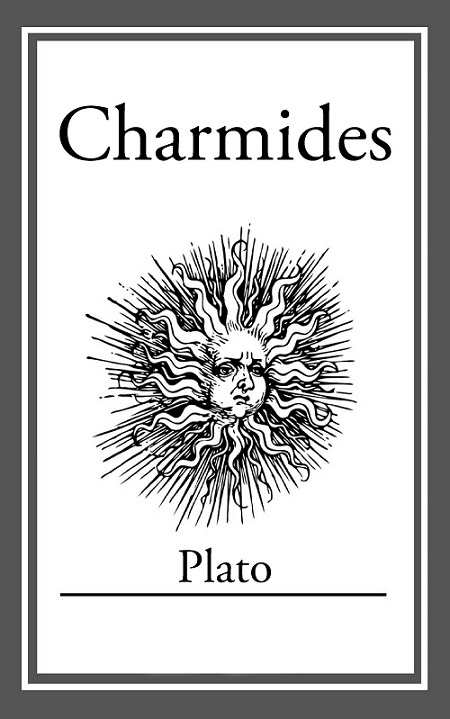
charmides
The Charmides is a dialogue of Plato, in which Socrates engages a handsome and popular boy in a conversation about the meaning of sophrosyne, a Greek word usually translated into English as "temperance", "self-control", or "restraint"
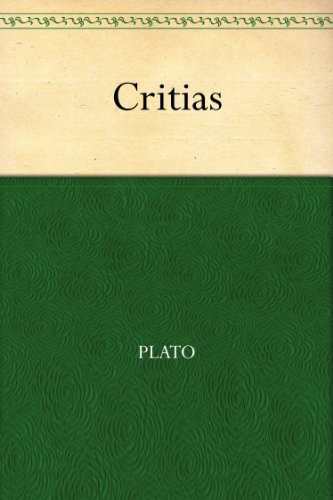
critias
Critias, one of Plato's late dialogues, contains the story of the mighty island kingdom Atlantis and its attempt to conquer Athens, which failed due to the ordered society of the Athenians.
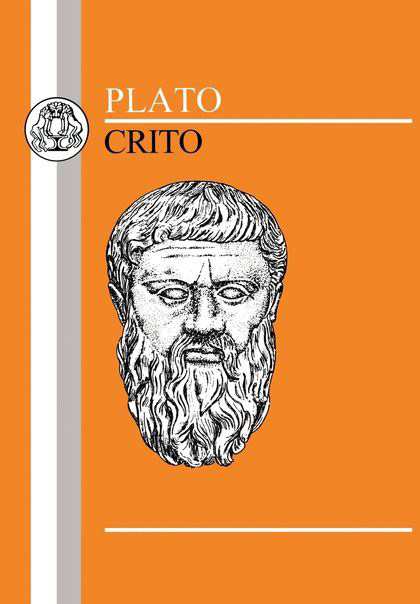
crito
Crito is a dialogue by the ancient Greek philosopher Plato. It depicts a conversation between Socrates and his wealthy friend Crito regarding justice, injustice, and the appropriate response to injustice
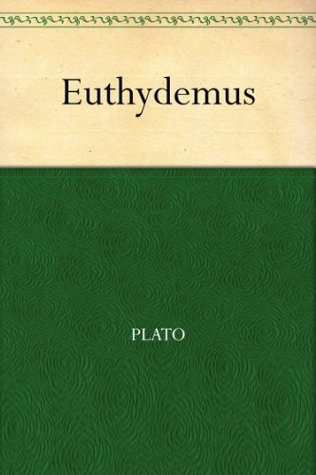
euthydemus
Euthydemus, written c. 384 BCE, is a dialogue by Plato which satirizes what Plato presents as the logical fallacies of the Sophists.
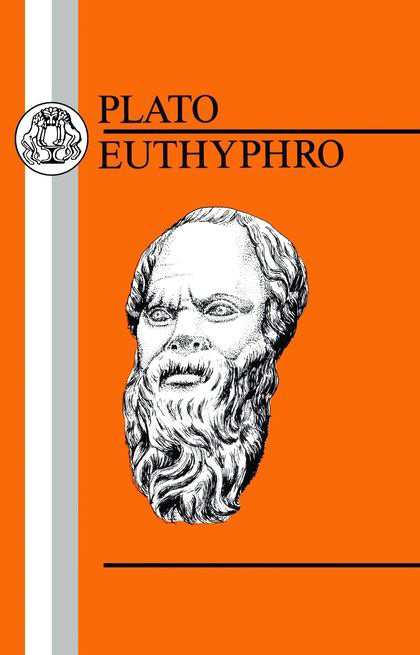
euthyphro
Euthyphro by Plato, is a dialogue that occurs in the weeks before the Trial of Socrates, for which Socrates and Euthyphro attempt to establish a definitive meaning for the word piety
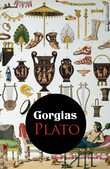
gorgias
Gorgias is a Socratic dialogue written by Plato around 380 BC. The dialogue depicts a conversation between Socrates and a small group of sophists at a dinner gathering.
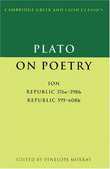
ion
In Plato's Ion Socrates discusses with Ion, a professional rhapsode who also lectures on Homer, the question of whether the rhapsode, a performer of poetry, gives his performance on account of his skill and knowledge or by virtue of divine possession.
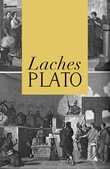
laches
The Laches is a Socratic dialogue written by Plato. Participants in the discourse present competing definitions of the concept of courage.
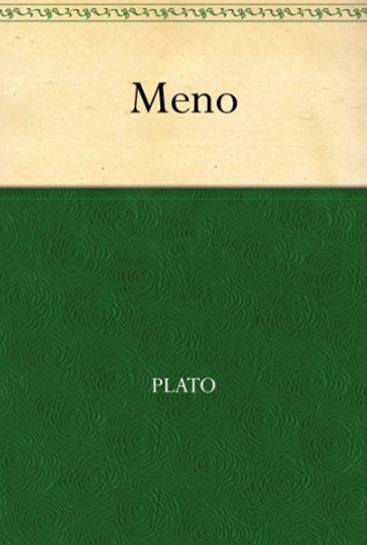
meno
Meno is a Socratic dialogue written by Plato. It appears to attempt to determine the definition of virtue, or arete, meaning virtue in general, rather than particular virtues, such as justice or temperance.
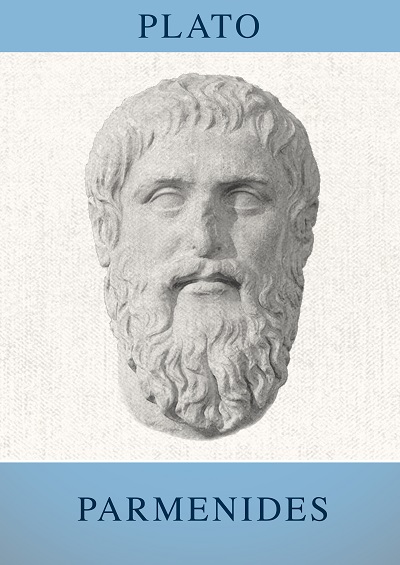
parmenides
Parmenides is one of the dialogues of Plato. It is widely considered to be one of the more, if not the most, challenging and enigmatic of Plato's dialogues
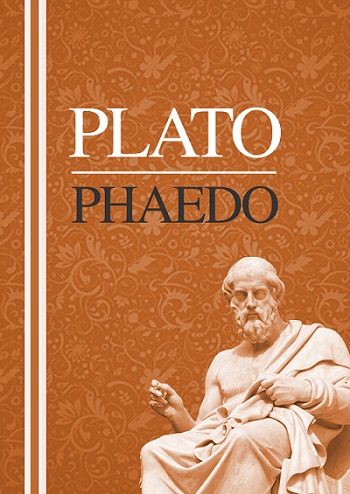
phaedo
Phædo or Phaedo, also known to ancient readers as On The Soul, is one of the best-known dialogues of Plato's middle period, along with the Republic and the Symposium.
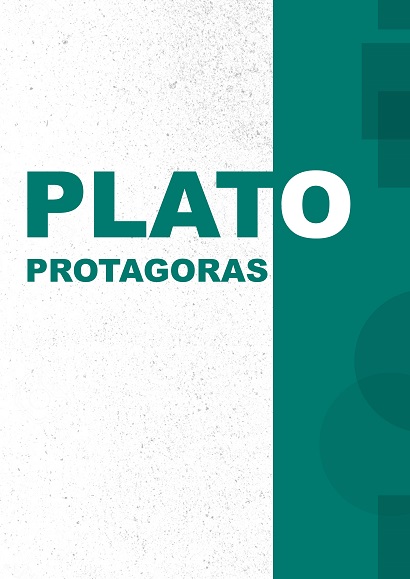
protagoras
Protagoras is a dialogue by Plato. The traditional subtitle is "or the Sophists". The main argument is between the elderly Protagoras, a celebrated Sophist, and Socrates.
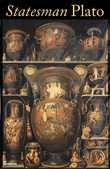
statesman
The Statesman also known by its Latin title, Politicus, is a Socratic dialogue written by Plato. The text describes a conversation among Socrates, the mathematician Theodorus, another person named Socrates (referred to as "Young Socrates"), and an unnamed philosopher from Elea referred to as "the Stranger".
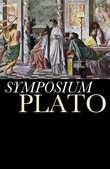
symposium
The Symposium (Ancient Greek: S?µp?s???) is a philosophical dialogue written by Plato sometime after 385 BC. It is a discussion on the nature of love, taking the form of a group of speeches, both satirical and serious, given by a group of men at a symposium or a wine drinking gathering at the house of the tragedian Agathon at Athens.
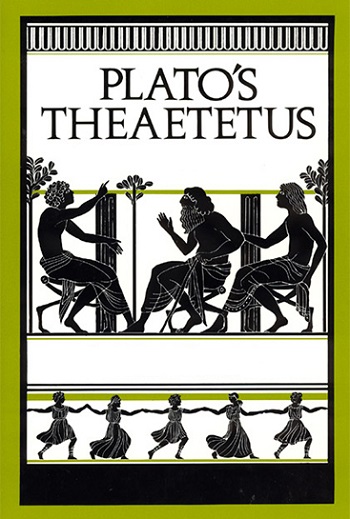
theaetetus
The Theaetetus is one of Plato's dialogues concerning the nature of knowledge, written circa 369 BC.
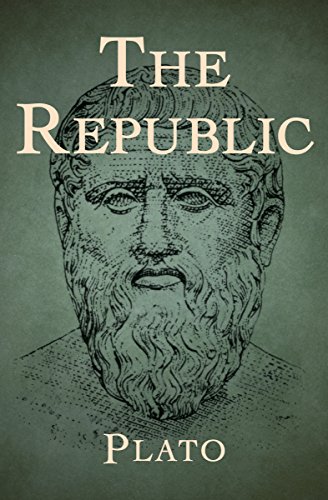
the republic
The Republic is a Socratic dialogue by Plato, written in approximately 380 BC. It is one of the most influential works of philosophy and political theory, and Plato's best known work. In Plato's fictional dialogues the characters of Socrates as well as various Athenians and foreigners discuss the meaning of justice and examine whether the just man is happier than the unjust man by imagining a society ruled by philosopher-kings and the guardians.
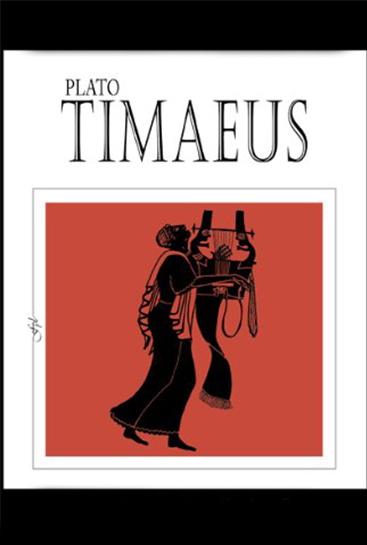
timaeus
Timaeus is one of Plato's dialogues, mostly in the form of a long monologue given by the title character Timaeus of Locri, written c. 360 BC

Loading the next 20 Records..…